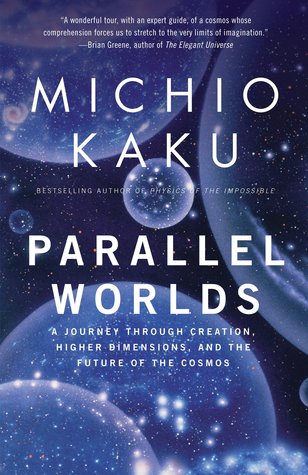More on this book
Kindle Notes & Highlights
by
Michio Kaku
Read between
January 14 - January 18, 2018
The Russian physicist may have been correct and in some parallel world may be enjoying wealth beyond his imagination. But in this particular universe he lost and left dead broke. And he must suffer the consequences.
This presumes a deeper, binding moral law that transcends the multiverse. Otherwise moral consequenses would have no meaning.
“With or without religion, good people can behave well and bad people can do evil; but for good people to do evil—that takes religion.”
Nonsense. Religion, as an expression of the Moral Law, is what allows us to tell the difference between good and evil behavior. Without that light, good and evil degenerate to the simple wants of the observer. In short, there is always a "valid" excuse for even the worst evil and a "true" argument against the greatest good.
Ultimately, I believe the very existence of a single equation that can describe the entire universe in an orderly, harmonious fashion implies a design of some sort. However, I do not believe that this design gives personal meaning to humanity. No matter how dazzling or elegant the final formulation of physics may be, it will not uplift the spirits of billions and give them emotional fulfillment. No magic formula coming from cosmology and physics will enthrall the masses and enrich their spiritual lives.
First, to fulfill whatever talents we are born with. However blessed we are by fate with different abilities and strengths, we should try to develop them to the fullest, rather than allow them to atrophy and decay.


